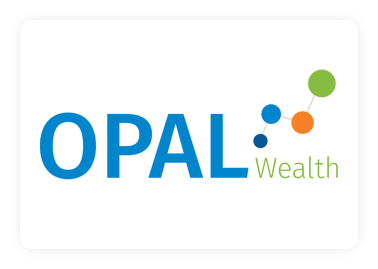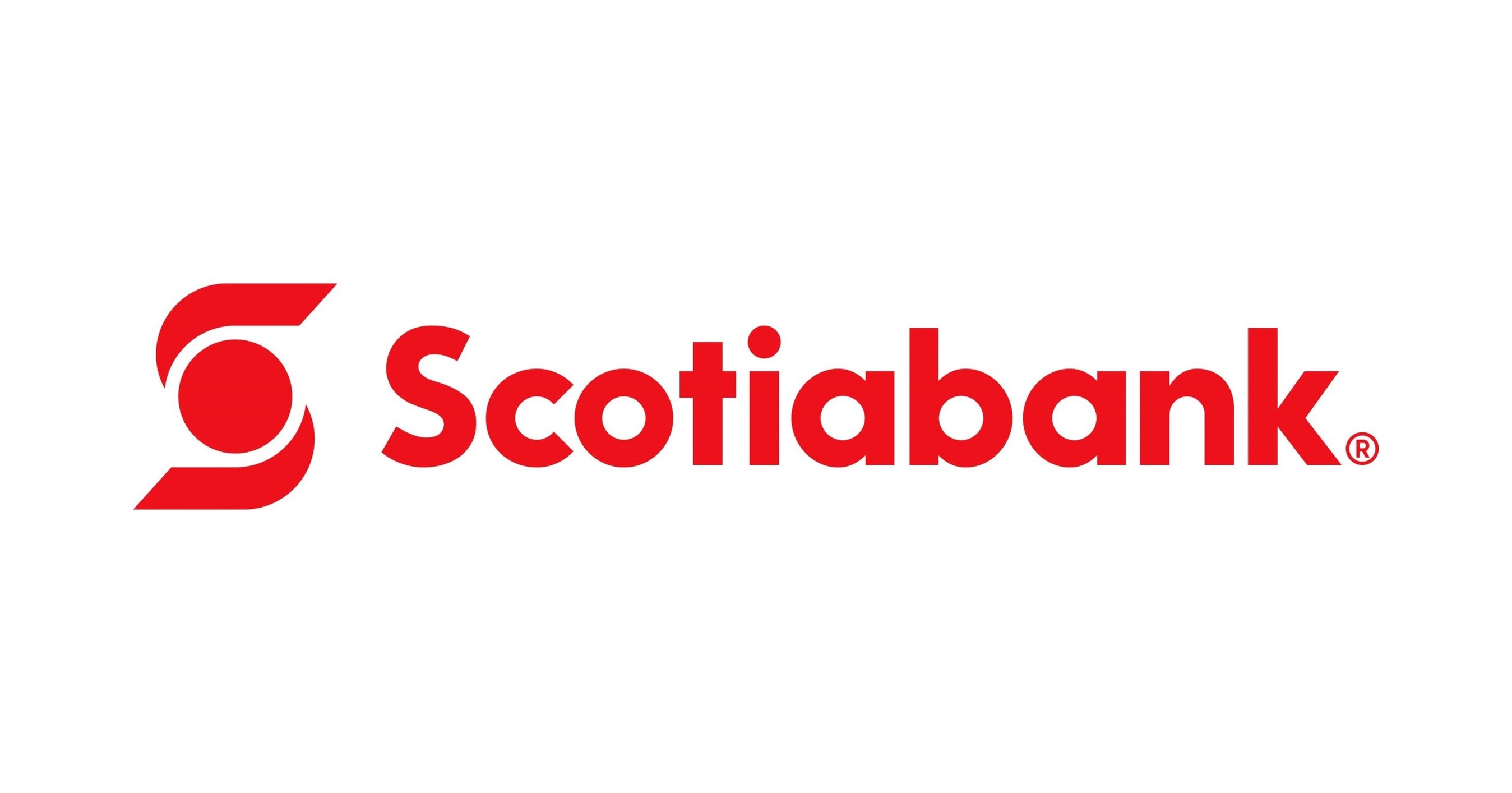Better manage market uncertainties and minimize the complexity for clients when making investment decisions, by offering an integrated, holistic approach to goals-based financial advice.
Translate financial goals
Our proven, scalable goals-based solutions streamline the delivery of personal, financial advice for your entire book of business. The API structure enables our solutions to easily connect with your tech stack where and how clients want it -in traditional, digital or hybrid fashion.
Translate clients’ personal financial goals into a suitable and optimal investment strategy using institutional grade economic scenarios and proactively monitor the advice with our OPAL solution.
What is Goals-Based Advice
Our Goals-Based Wealth Platform solutions are available through APIs as well as a plug and play user interface for advisors, wealth/asset managers, retail and private banks, Portfolio Managers/Family offices and financial planners.
Goals-based investment planning
One powerful wealth advisory solution suite
Available worldwide
Goals-Based Planning
One powerful financial planning solution suite
Available in the Netherlands & UK only.
Partners
Ortec Finance partners with all types of solution providers delivering technology in the wealth management space to deliver end-to-end solutions that address clients’ complex challenges while accelerating growth.
We have trusted business partnerships with leading global consultancies and platform providers including:
A few of our clients
Contact

Mark Glover
Managing Director – Head of UK Wealth Management

























